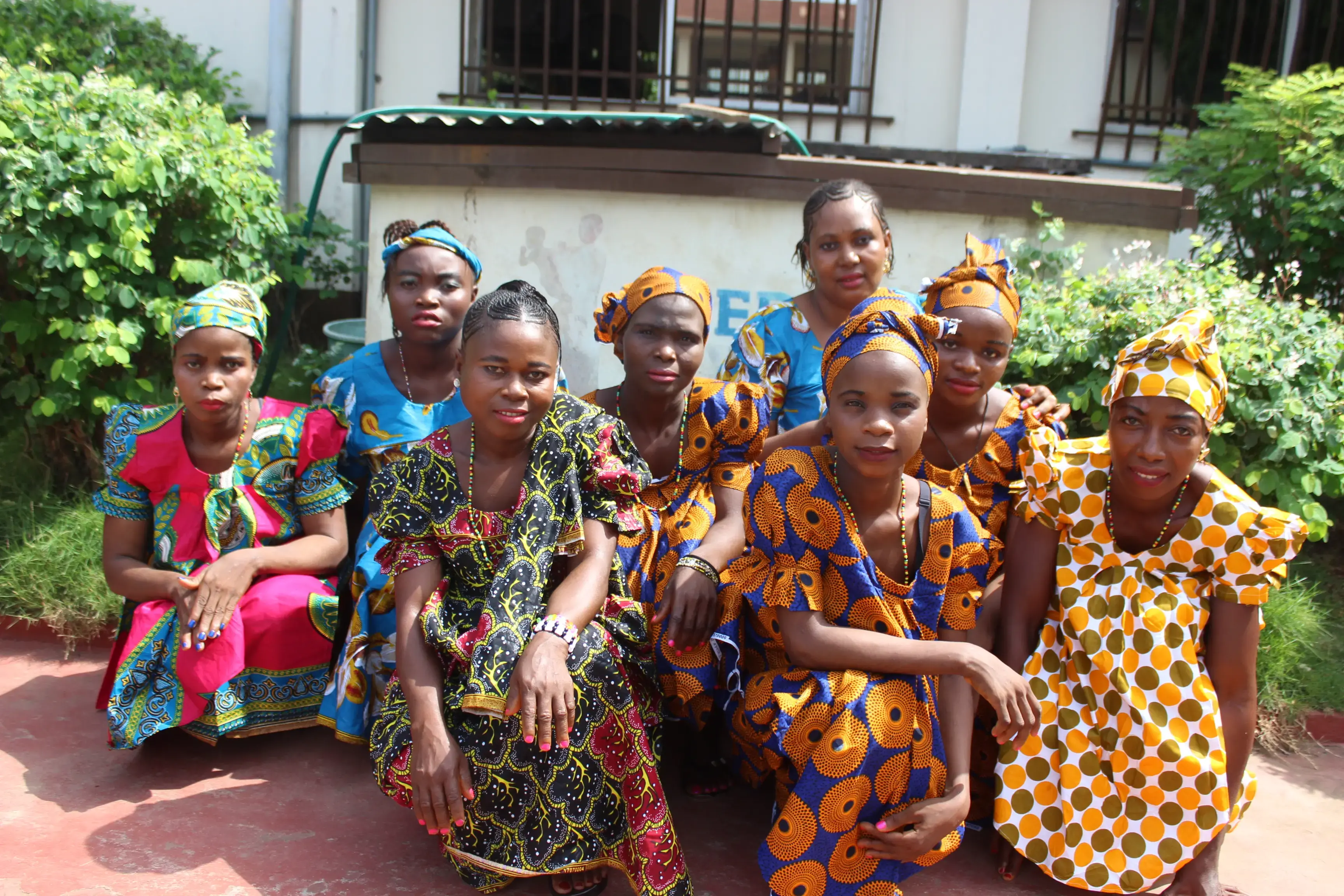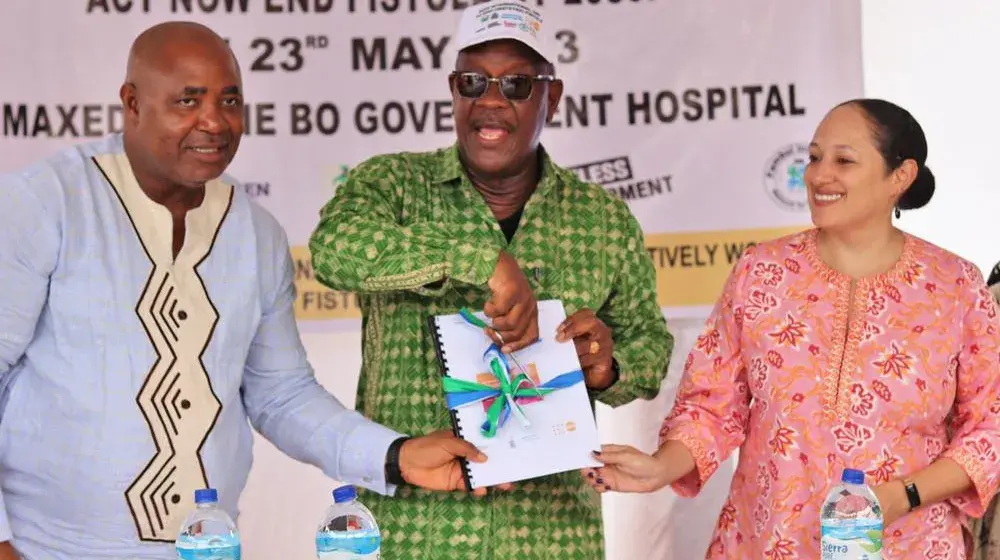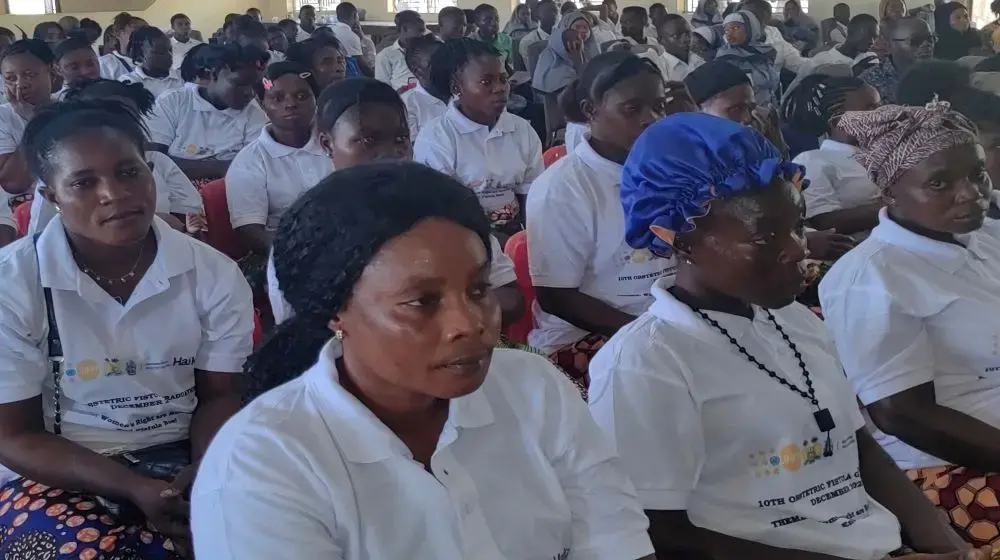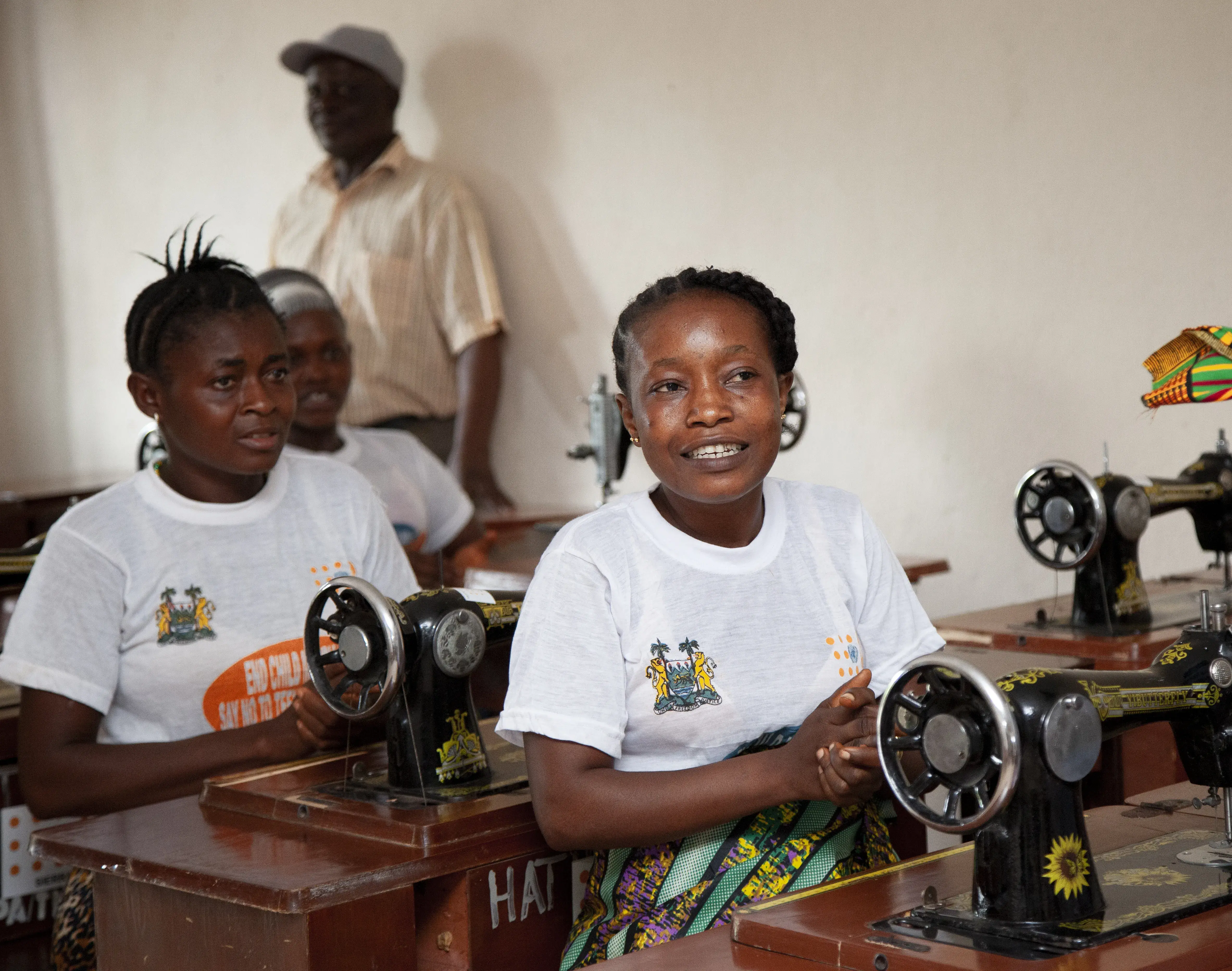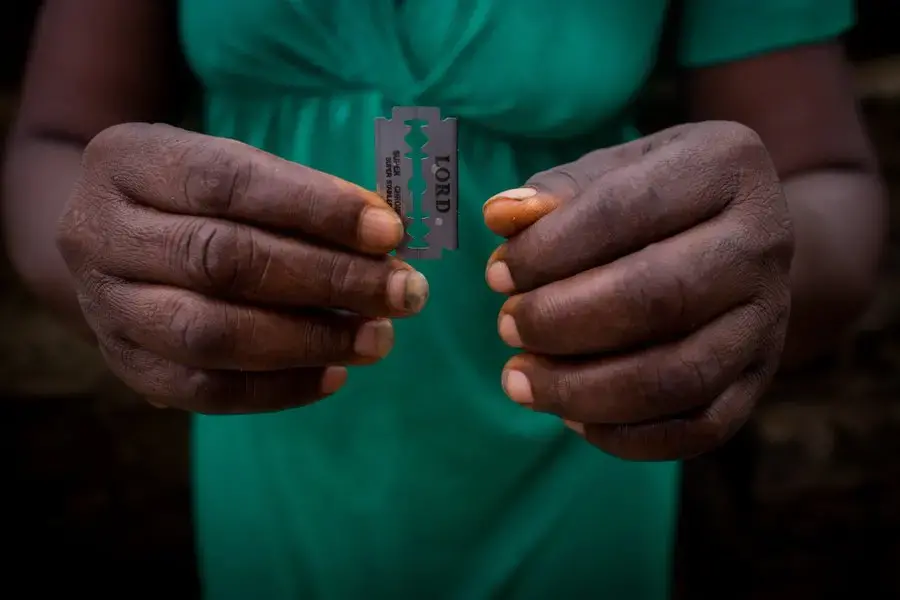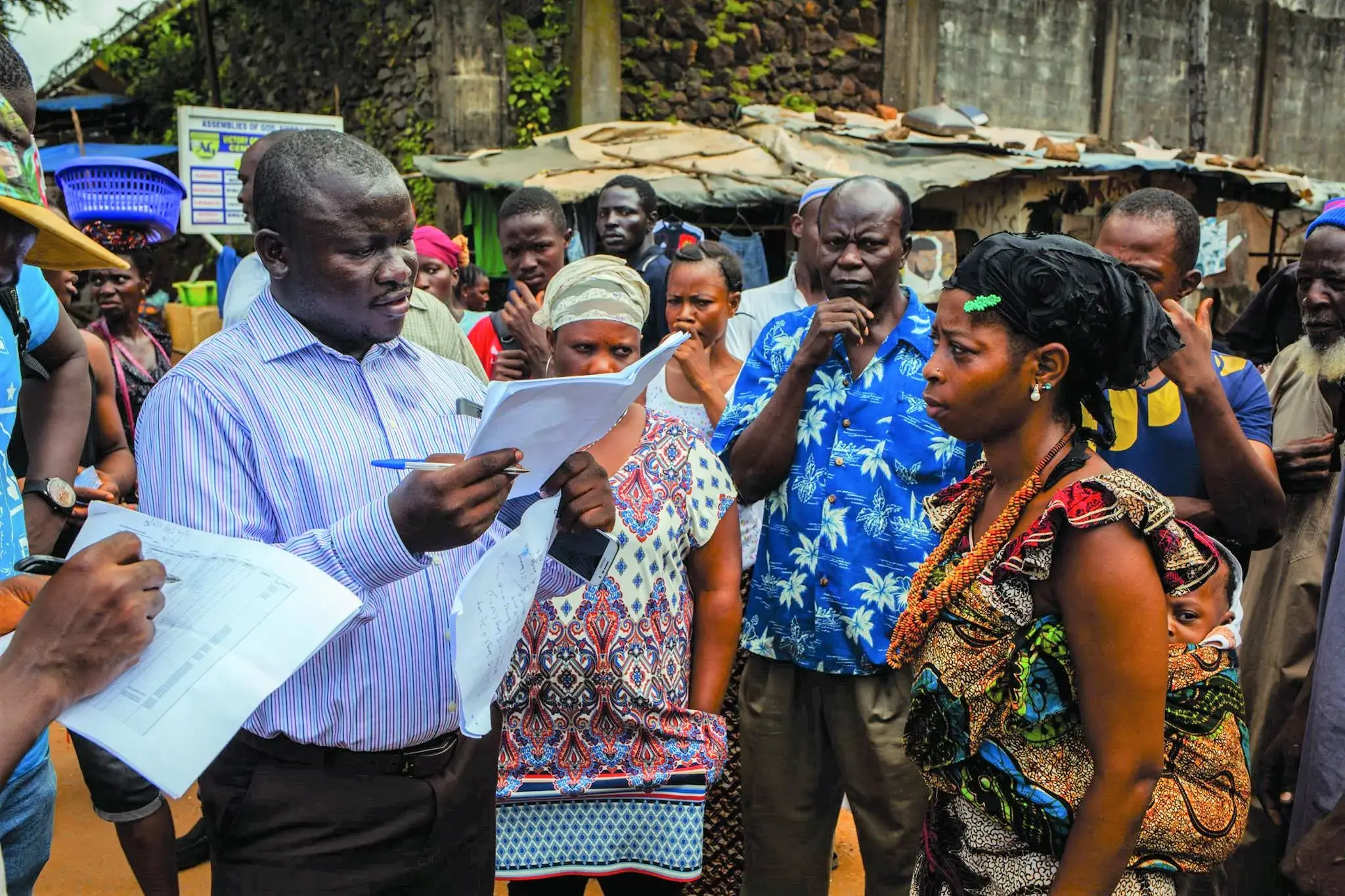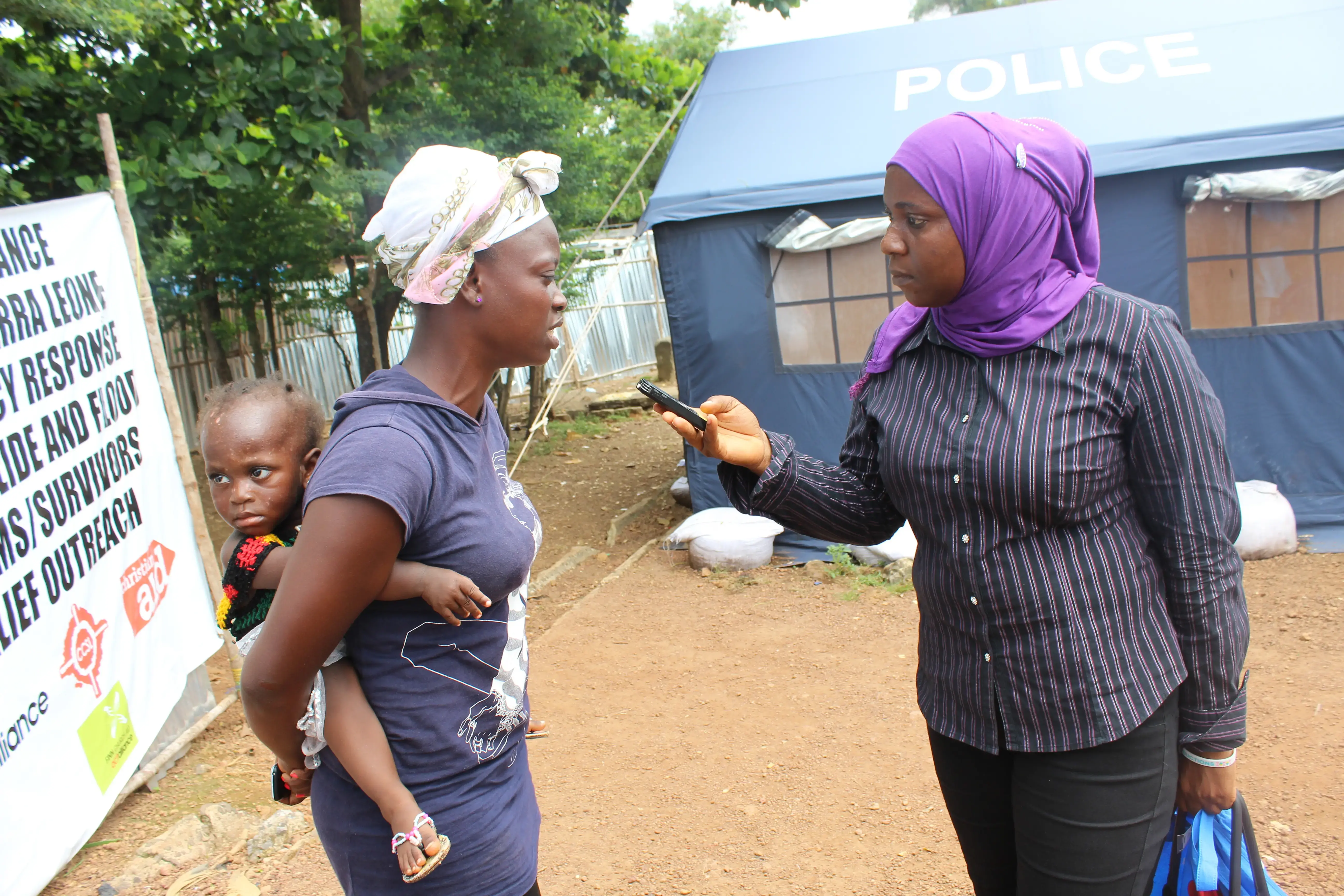Obstetric fistula
Obstetric fistula is one of the most serious and tragic childbirth injuries. A hole between the birth canal and bladder and/or rectum, it is caused by prolonged, obstructed labour without access to timely, high-quality medical treatment. It leaves women leaking urine, faeces or both, and often leads to chronic medical problems, depression, social isolation and deepening poverty.
Hundreds of thousands of women and girls in sub-Saharan Africa, Asia, the Arab States region, and Latin America and the Caribbean are estimated to be living with fistula, with new cases developing every year. Yet fistula is almost entirely preventable. Its persistence is a sign of global inequality and an indication that health and social systems are failing to protect the health and human rights of the poorest and most vulnerable women and girls.
Comprehensive management of obstetric fistula in Sierra Leone
While accurate data on the prevalence of obstetric fistula in Sierra Leone has been challenging, anecdotal evidences and initial modelling projections, estimate that about 2,496 women are living with obstetric fistula in the country. Over the last few years, the UNFPA country office has worked in partnership with two non-governmental organizations (NGOs), Aberdeen Women’s Centre and Haikal, to seek out, treat, train, reintegrate and advocate for young girls and women suffering from obstetric fistula.
UNFPA is the main agency funding fistula interventions in the country. In partnership with Aberdeen Women’s Centre, Haikal and the MoHS, UNFPA restores dignity and hope through a multi-faceted set of services for fistula clients and survivors to ensure holistic restoration.
Providing care and support to obstetric fistula survivors
Sierra Leone is one of 50 countries participating in the global campaign to end obstetric fistula which was launched in 2003. Each participating country focuses on three key areas, namely, fistula prevention, treatment, and rehabilitation and re-integration. In 2020, UNFPA, with funding from the Government of Iceland, worked with the NGOs Haikal Foundation and Aberdeen Women’s Centre to conduct community mobilization activities in selected communities. Such activities included awareness-raising through leaflets, posters, community dialogue meetings, radio jingles and radio discussions with fistula survivors as champions of fistula prevention.
The capacity of 30 community action group members was built for community mobilization for fistula prevention. Two hundred and sixty women were screened for suspected obstetric fistula and some were found to have other medical conditions. Of these women, 129 had surgery to repair their fistula and restore their dignity. Thirty-one fistula survivors received livelihood skills (soap making, tailoring, gara tie and dying, weaving, needlework, agriculture and adult literacy/numeracy lessons) as part of their rehabilitation and reintegration. They also received wellness kits consisting of hygiene products such as sanitary pads, a soap and other needed toiletries.

